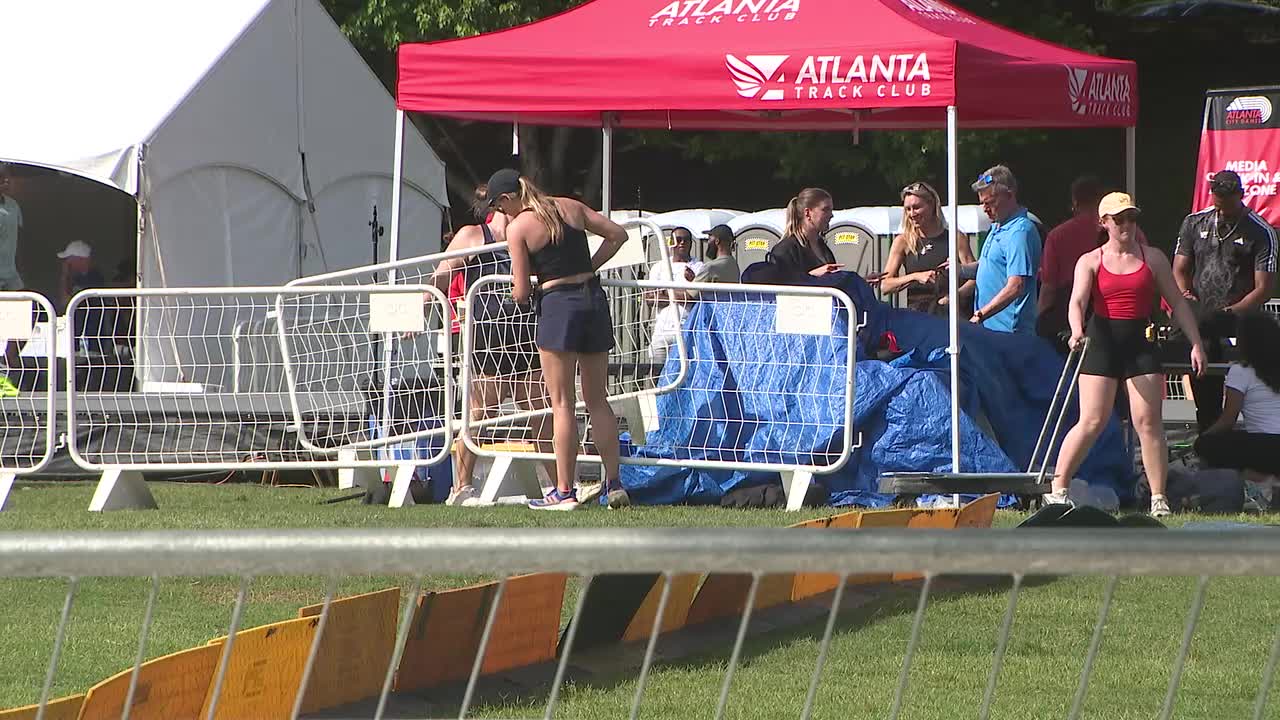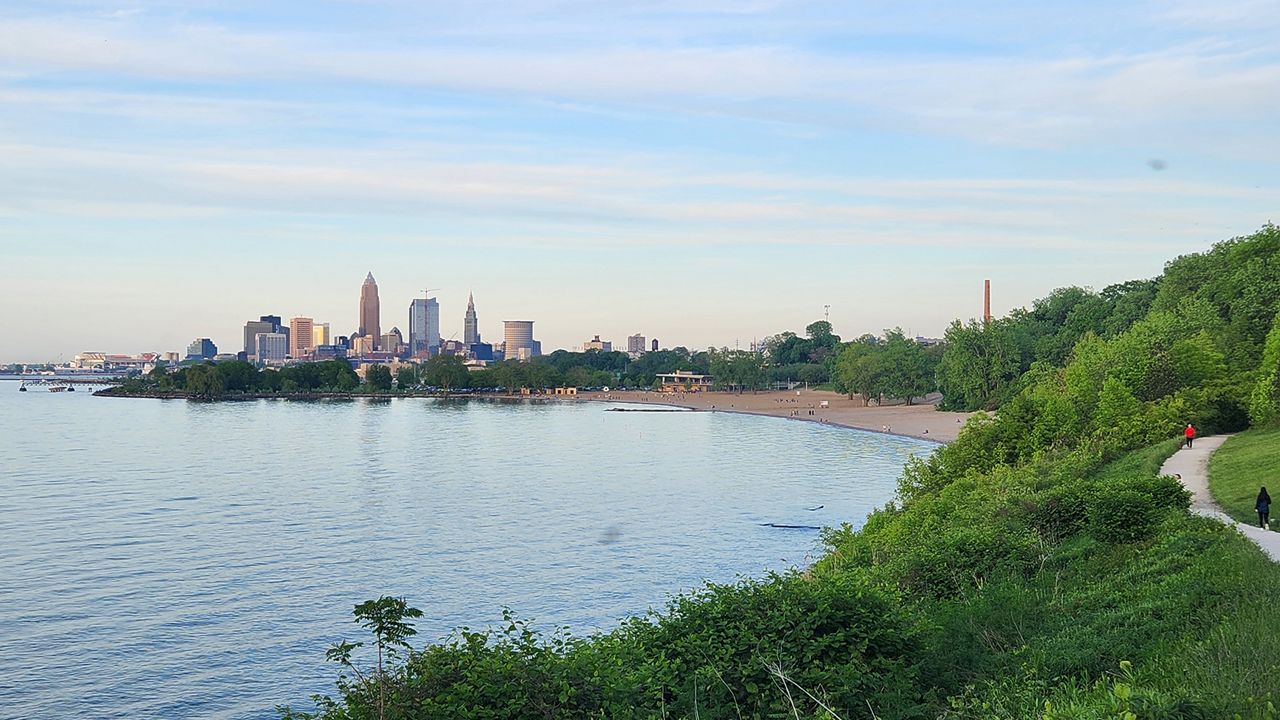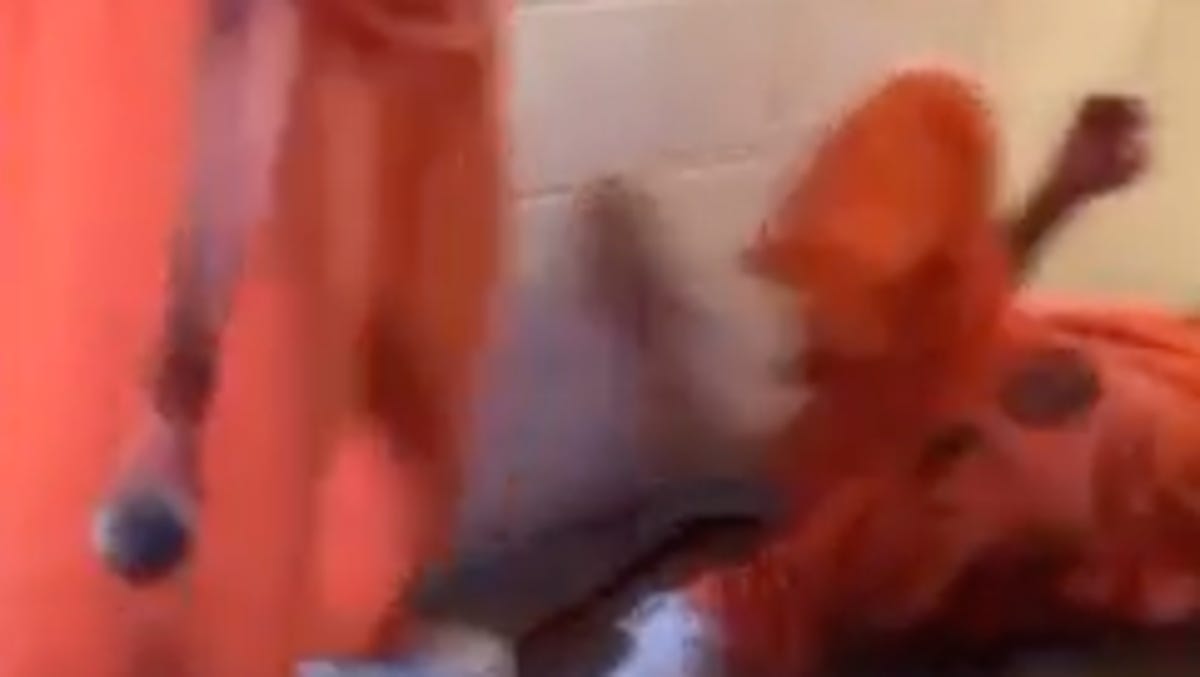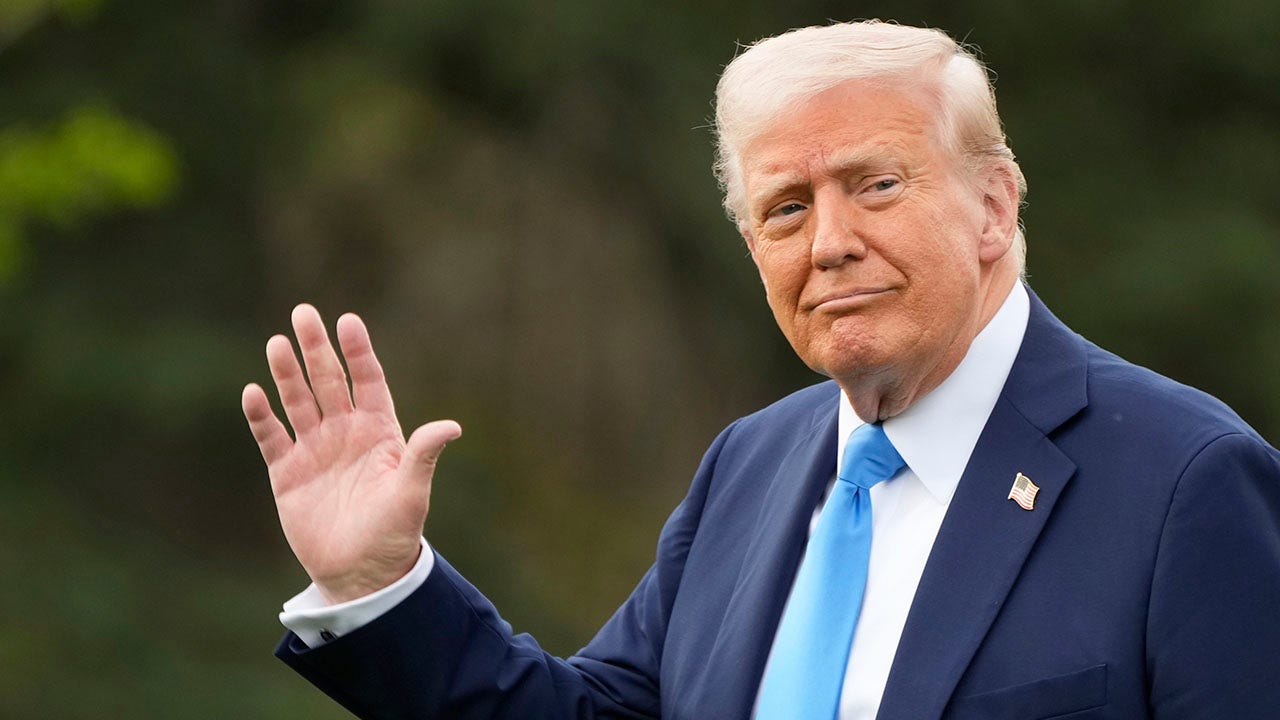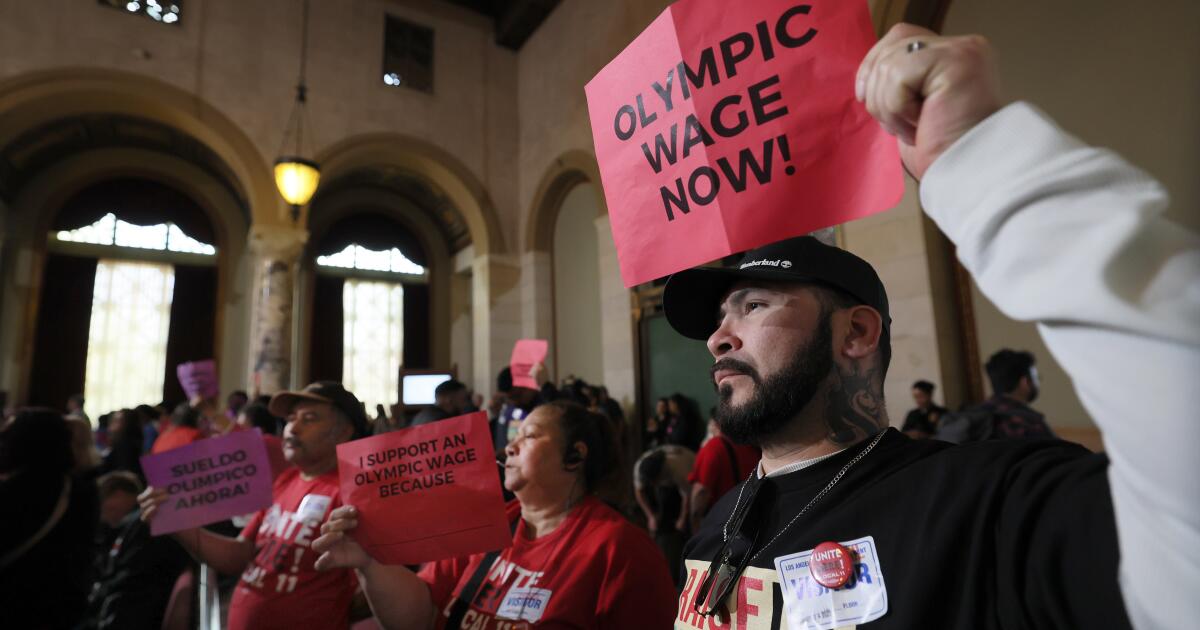World
Russia unleashes strikes against Ukraine; Kyiv targets Crimea bridge
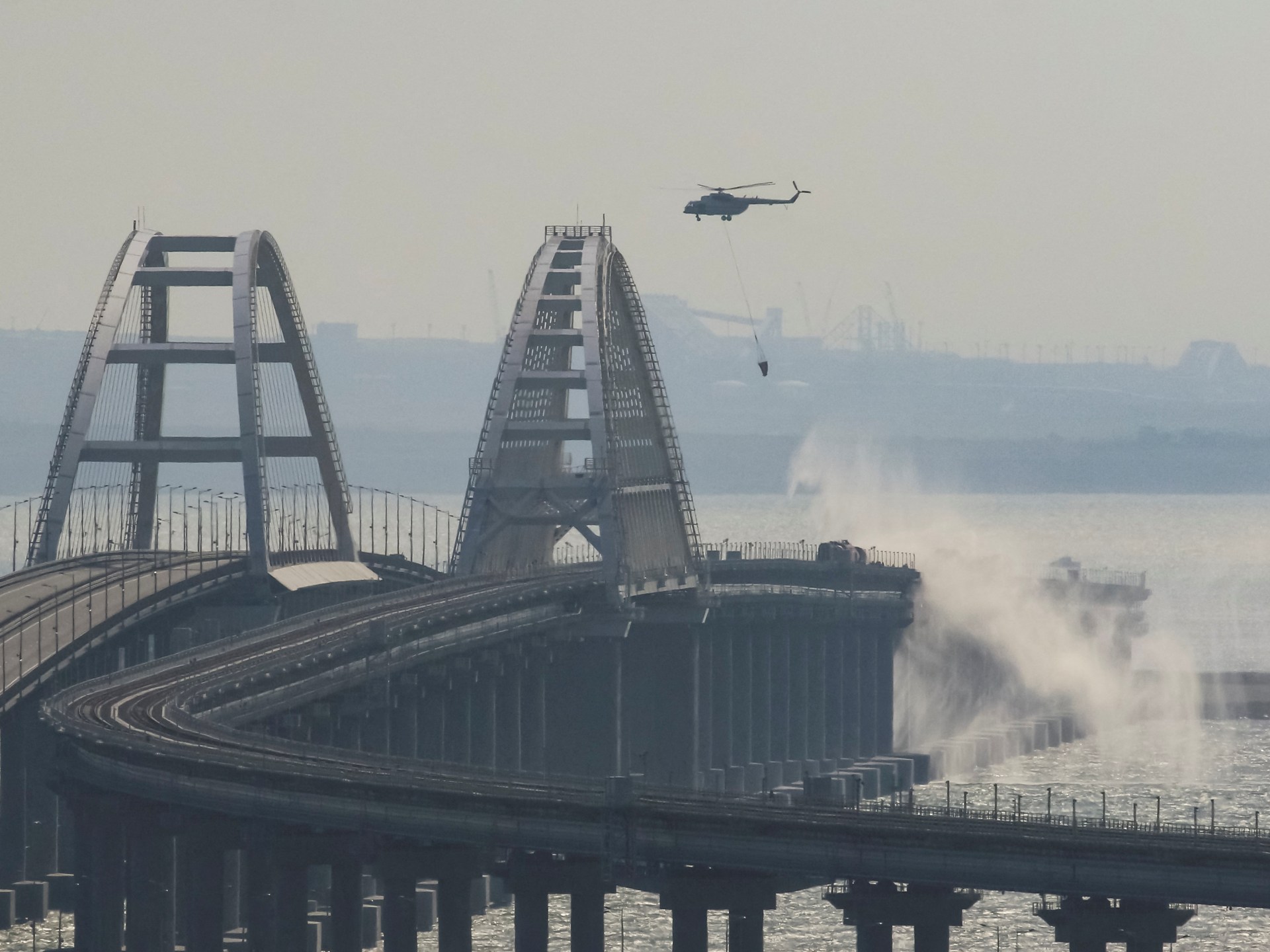
Russia says it shot down a drone heading for Moscow in the third such attack in a week, while officials in both Russia and Ukraine have confirmed Ukraine targeted two bridges linking Crimea to the mainland.
Both countries have stepped up strikes on each other’s troops, weaponry and infrastructure as Kyiv seeks to dislodge Russian forces who have dug in across southern and eastern Ukraine since their invasion of the country last year.
The Moscow-appointed head of Crimea said the Chonhar bridge to the peninsula, which was annexed from Ukraine by Moscow in 2014, had been damaged by a missile strike.
Another of the three road links between Crimea and Russian-occupied parts of mainland Ukraine, near the town of Henichesk, was shelled and a civilian driver wounded.
Traffic was halted on a third bridge linking Russia to Crimea after both sides said a Ukrainian naval drone full of explosives struck a Russian fuel tanker overnight Friday, the second such attack in 24 hours.
‘Significant results’
In Russia, Moscow’s Vnukovo airport suspended flights on Sunday, citing unspecified “reasons outside its control”. Moscow Mayor Sergei Sobyanin said a drone had been shot down south of the capital.
At least 10 Russian missiles appear to have gotten through Ukraine’s air defences in an overnight attack, which Ukraine’s air force said involved 70 air assault weapons, including cruise and hypersonic missiles as well as Iranian-made drones.
Local media said a worker at a grain silo had been wounded and a rescuer died during a search operation.
The attacks followed what Ukrainian President Volodymyr Zelenskyy said was a bomb attack on a blood transfusion centre in the town of Kupiansk, 16km (10 miles) from the front in the eastern Kharkiv region.
“There are dead and wounded,” he said on his Telegram channel, describing the strike as a “war crime”.
He did not say how many casualties there were or whether they were military or civilian.
Despite waves of Russian air strikes, Zelenskyy said in his video address on Sunday that advanced air defence systems, including the US-built Patriot and Germany’s IRIS-T, were proving “highly effective” and had “already yielded significant results”.
Zelenskyy said Ukraine shot down “a significant part” of Russia’s attacks over the past week, including 65 missiles of various kinds, and 178 assault drones, including 87 Shahed-136s.
Casualties
Russia denies deliberately targeting civilians or military hospitals in its full-scale invasion of Ukraine, which has killed tens of thousands of people, uprooted millions, and destroyed cities.
Russia’s defence ministry said it conducted successful strikes on Ukrainian air bases in the western Rivne and Khmelnytskyi regions and southern Zaporizhia region, without giving details.
The deputy governor of the Khmelnytskyi region, Serhiy Tiurin, said a military airfield in Starokostiantyniv was among the targets. He said most of the missiles were shot down, but explosions damaged several houses, a cultural institution and the bus station and a fire had broken out at a grain silo.
Ukraine is two months into a gruelling counteroffensive to try to push out Russian forces occupying almost one-fifth of its territory.
Senior officials from some 40 countries – including the United States, China and India – held talks about the conflict in Saudi Arabia on Saturday and Sunday, but the meeting wound up with no concrete action beyond a commitment to further consultations, according to a Saudi statement.
The meeting was part of a diplomatic push by Ukraine to build support beyond its core Western backers. Zelenskyy’s chief of staff, Andriy Yermak, said they were productive discussions but did not give details.
Russia did not attend. Its Deputy Foreign Minister Sergei Ryabkov said the meeting reflected the West’s “doomed efforts” to mobilise developing nations behind Zelenskyy.
Russian and international officials say there is no prospect of direct peace talks between Ukraine and Russia at present with the war raging.

World
Tornadoes kill 21 in US states of Missouri and Kentucky

The storms are part of a severe weather system sweeping across the Midwest, leaving thousands without power.
At least 21 people have died after tornadoes caused by severe storms swept through the states of Missouri and Kentucky in the United States, officials said.
Kentucky governor Andy Beshear on Saturday said on X that at least 14 people died in the Friday night’s storms.
At least seven others were killed in Missouri as authorities launched a search for people trapped in buildings.
Kentucky authorities said there were severe injuries when a tornado tore across Laurel County late on Friday. “The search is continuing in the damaged area for survivors,” the office of Sheriff John Root said in a statement posted on social media.
In Missouri, St Louis Mayor Cara Spencer confirmed five deaths in her city and said more than 5,000 homes were affected.
“Our city is in mourning tonight,” she told reporters. “The loss of life and destruction is truly, truly horrific.”
Another tornado struck Scott County, about 209km (130 miles) south of St Louis, killing two people, injuring several others and destroying multiple homes, Sheriff Derick Wheetley wrote on social media on Friday.
“Our first responders acted swiftly, even while the tornado was still active, putting themselves in harm’s way to provide immediate assistance and care to those injured,” he said.

The storms, which began on Friday, are part of a severe weather system that has also spawned tornadoes in Wisconsin, leaving thousands of people without power in the Great Lakes region and bringing a punishing heatwave to Texas.
A dust storm warning was issued around the Chicago area on Friday night. The weather service said a wall of dust extended along a 161km (100-mile) line from southwest of Chicago to northern Indiana that severely reduced visibility.
In Texas, a heat advisory was issued for San Antonio and Austin cities, with temperatures at a blistering 95F (35C) to 105F (40.5C). Parts of the southern East Coast, from Virginia to Florida, also battled with heat in the 90s (32-37C).
The National Weather Service Office for Austin and San Antonio said humidity over the weekend was expected to make temperatures feel hotter.
“There are concerns of heat exhaustion for people that aren’t taking proper precautions when they’re outdoors,” meteorologist Jason Runyen said, advising those affected to take breaks and stay hydrated.
World
Russia and Ukraine to hold first direct peace talks in over 3 years

World
Melania Trump statue sawed off at the ankles and stolen in Slovenia
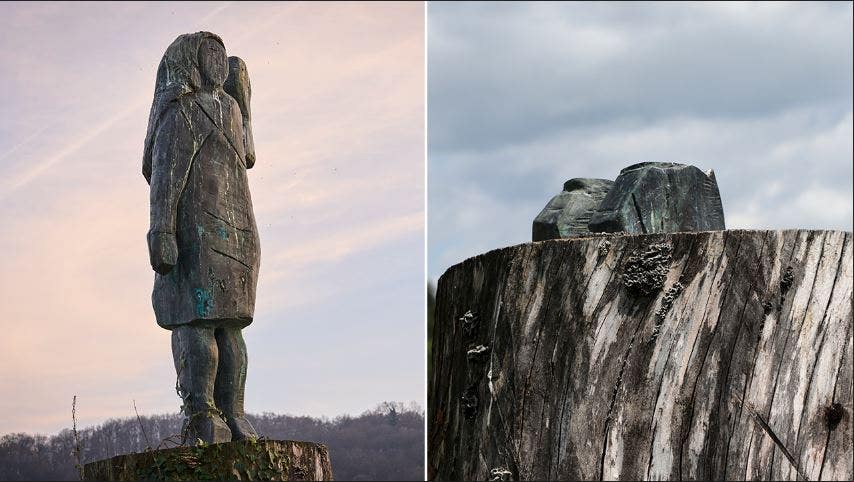
A bronze statue of Melania Trump was sawed off at the ankles and stolen this week in the first lady’s native Slovenia, police said.
The statue replaced a wooden one that was erected near her hometown of Sevnica in 2020 at the end of President Donald Trump’s first term after it was targeted in an arson attack.
Both statues were a collaboration between Brad Downey, an artist from Kentucky, and a local craftsman, Ales “Maxi” Zupevc.
The original figure, made of wood and cut from the trunk of a linden tree, portrayed the first lady in a pale blue dress, similar to the one she wore at Trump’s 2016 inauguration.
FIRST LADY MELANIA TRUMP TURNS 55: HER LIFE IN PHOTOS, FROM SLOVENIA TO WHITE HOUSE
A bronze statue of Melania Trump was sawed off at the ankles and stolen this week in the first lady’s native Slovenia, police said. (Associated Press)
The new statue was placed on the same stump as the old one and modeled after the previous design. In July 2020, Downey said the statue would be made “as solid as possible, out of a durable material which cannot be wantonly destroyed,” according to The Guardian.
Slovenian police spokesperson Alenka Drenik Rangus said Friday that police were investigating after the vandalism and theft were reported Tuesday.
Franja Kranjc, a worker at a bakery that sells cakes with the first lady’s name in support of her, told The Associated Press the rustic likeness wasn’t well liked.
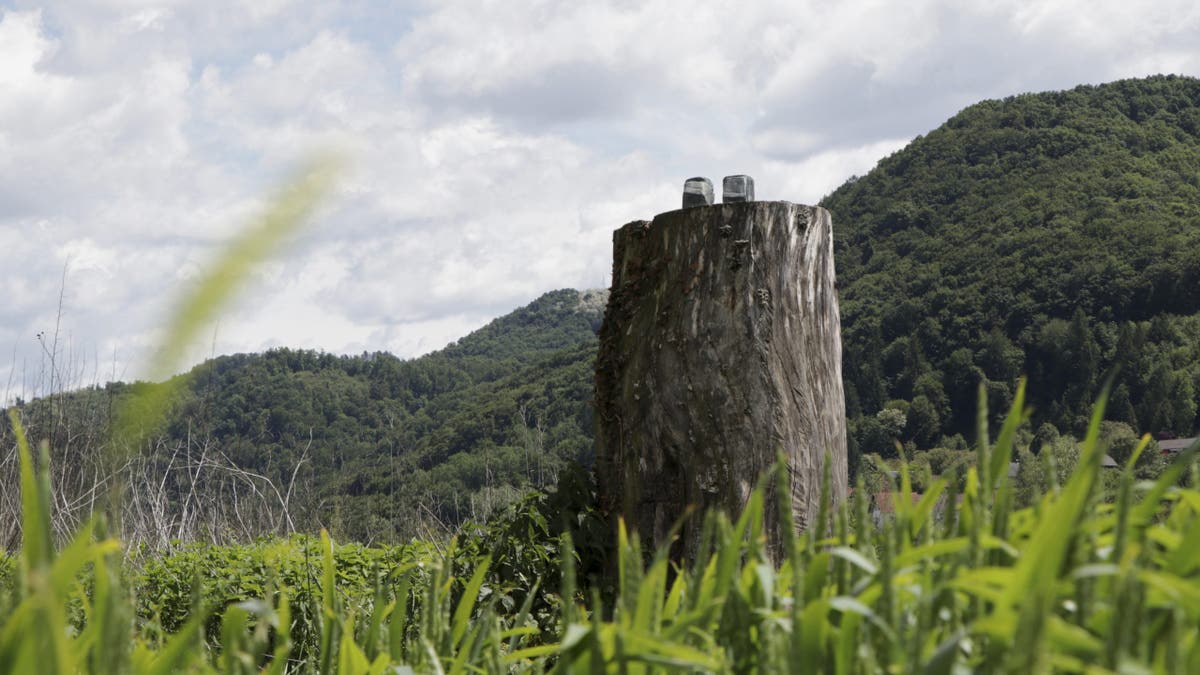
Only the ankles remain of a Melania Trump statue that was sawed off and stolen, Slovenian police said. (AP Photo/Relja Dusek)
WHITE HOUSE PRESS SECRETARY SAYS STATUE OF LIBERTY GOING NOWHERE, REPLIES TO FRENCH POLITICIAN
“I think no one was really proud at this statue, not even the first lady of the USA,” Kranjc said. “So, I think it’s OK that it’s removed.”
Zupevc said he and Melania Trump were born in the same hospital, which partly inspired him to create the design. He carved the statue with a chainsaw and sanded it with a power tool.
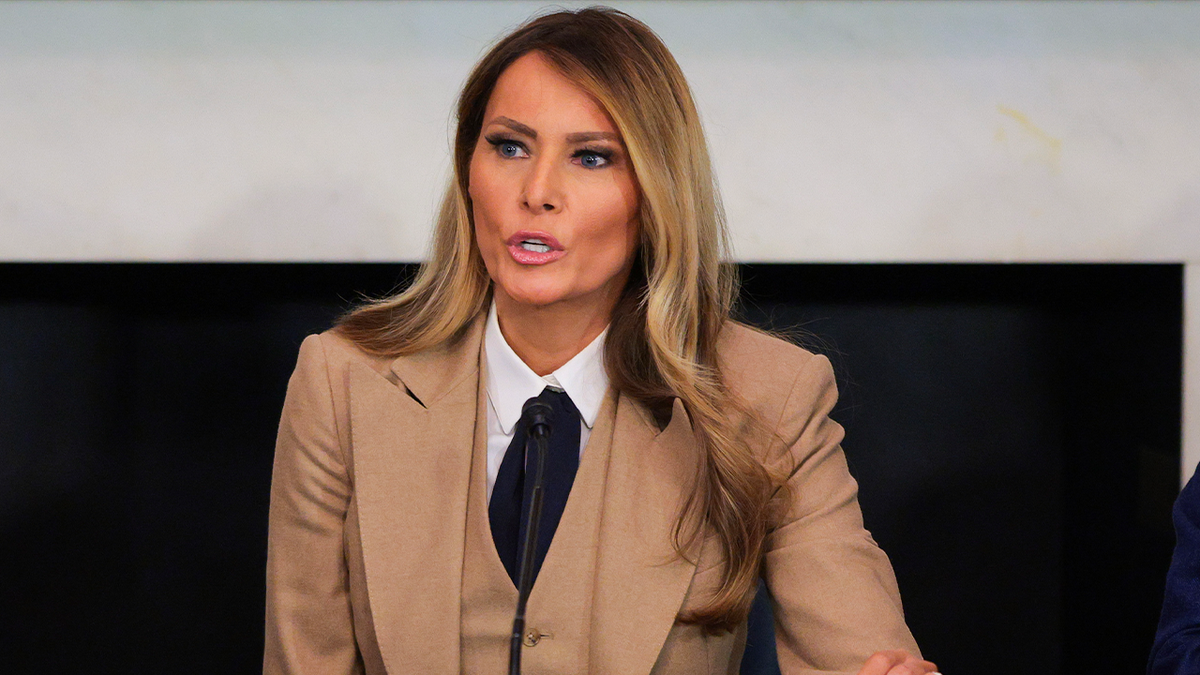
The statue was a rustic likeness of the first lady. (Getty Images)
“I plugged in my angle grinder. … I worked and made mistakes … finished the hair … the eyes and all. Then, I called my brother, who said, ‘Spitting image of our waitress.’ And so it was,” Zupevc said during a documentary film by Downey on the making of the original statue.
A plaque next to the statue says it is “dedicated to the eternal memory of a monument to Melania which stood at this location.”
Born Melanija Knavs in nearby Novo Mesto in 1970, the first lady grew up in Sevnica while Slovenia was part of the Communist-ruled former Yugoslavia. An Alpine nation of 2 million people, Slovenia is now a member of the European Union and NATO.
The Associated Press contributed to this report.
-

 Austin, TX7 days ago
Austin, TX7 days agoBest Austin Salads – 15 Food Places For Good Greens!
-

 Technology1 week ago
Technology1 week agoNetflix is removing Black Mirror: Bandersnatch
-

 World1 week ago
World1 week agoThe Take: Can India and Pakistan avoid a fourth war over Kashmir?
-

 News1 week ago
News1 week agoJefferson Griffin Concedes Defeat in N.C. Supreme Court Race
-

 News1 week ago
News1 week agoReincarnated by A.I., Arizona Man Forgives His Killer at Sentencing
-

 News1 week ago
News1 week agoWho is the new Pope Leo XIV and what are his views?
-

 News1 week ago
News1 week agoEfforts Grow to Thwart mRNA Therapies as RFK Jr. Pushes Vaccine Wariness
-

 Entertainment1 week ago
Entertainment1 week agoReview: 'Forever' is a sweet ode to first love (and L.A.) based on Judy Blume's novel

